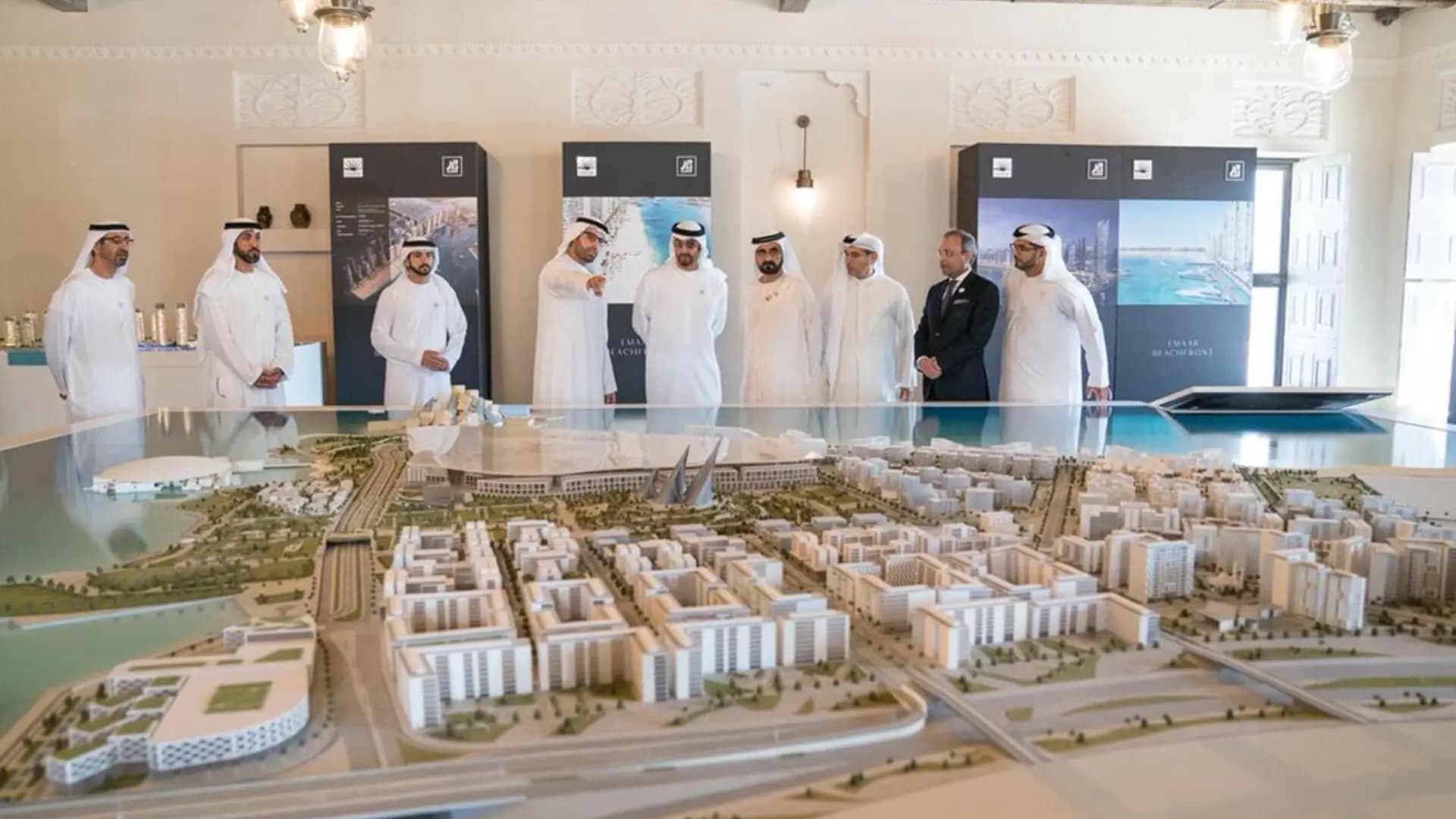Emaar Properties and Aldar Properties continue to solidify
their control over the UAE real estate sector, raising concerns among analysts and
industry stakeholders about potential monopolization by 2025. This increasing
dominance has sparked debates about market fairness, competition, and future
regulatory measures.
Intensifying Market Control by Emaar and Aldar
As reported by John Smith of Gulf Business, the UAE’s two
leading real estate developers, Emaar Properties and Aldar Properties, have
significantly expanded their market shares in 2025, controlling over two-thirds
of new developments and transactions in the Emirates. Emaar, headquartered in
Dubai, is credited with iconic projects like the Burj Khalifa and Dubai Mall,
while Aldar, based in Abu Dhabi, has delivered major developments such as Yas
Island and Al Raha Beach.
This growing concentration of market power has fueled
apprehensions about reduced competition and the risk of monopolistic behaviour
undermining the sector’s sustainability and consumer choices.
Concerns Raised by Industry Experts and Analysts
Financial analyst Maryam Al Mazrouei, speaking to Arabian
Business, highlighted that
"Emaar and Aldar’s overwhelming presence in the
market threatens to limit opportunities for smaller developers and could lead
to inflated property prices."
She added,
"Such a duopoly can stifle
innovation, reduce market efficiency, and potentially expose buyers to higher
risks."
According to a market report published by Property Finder,
in the first half of 2025, Emaar and Aldar accounted for approximately 68% of
all real estate transactions across Dubai and Abu Dhabi. This dominance extends
not only to residential but also to commercial real estate segments.
Regulatory Response and Market Outlook
The Dubai Land Department and Abu Dhabi Department of
Municipalities and Transport have acknowledged the need to monitor market
dynamics closely. As noted by Sarah Ahmed, real estate correspondent for The
National,
"Authorities are exploring regulatory frameworks to mitigate any
monopolistic practices without stifling growth that these large developers
bring to the market."
Despite regulatory vigilance, the trend of market
centralization is expected to continue in the near term due to Emaar and
Aldar’s extensive financial resources, strategic partnerships, and government
backing in delivering mega-projects essential for UAE’s urban development
plans.
Impact on Consumers and Smaller Developers
Smaller developers express growing concern over their
survival in a market dominated by giants. Khalid Al Nuaimi, CEO of a mid-sized
development firm in Dubai, shared with Khaleej Times that
"It is
increasingly difficult for smaller players to compete on price and scale
against Emaar and Aldar. The barriers to entry are rising, limiting diversity
in the market."
For consumers, the dominance of very few players could mean
fewer choices and less negotiating leverage on prices and terms. However, some
analysts point out that the reputation and reliability of Emaar and Aldar
projects also provide a safety net for buyers wary of speculative developments.
Expert Views on Long-term Implications
Economic commentator Dr. Amina Hussain writing in Bloomberg
Middle East warns that
"Unchecked dominance by any two firms can hamper
the overall economic health of the real estate sector. It is imperative to
balance growth, competition, and consumer protection measures to avoid adverse
outcomes like price bubbles or reduced investment appeal."
Meanwhile, market observers note that the UAE government’s
vision for continued infrastructure expansion and Expo 2025 legacy projects
will require leveraging the strengths of these major developers, complicating
the picture of market dynamics.

